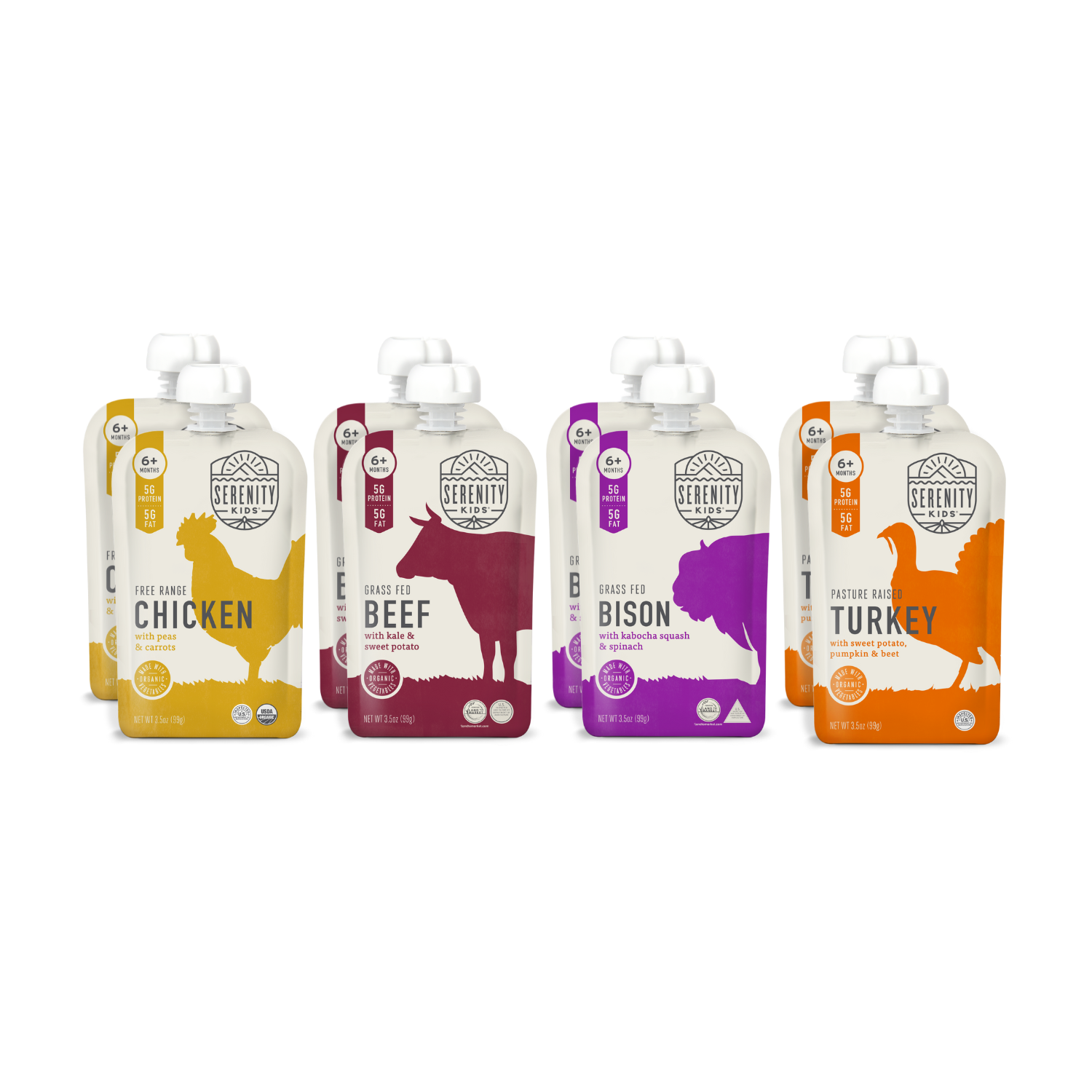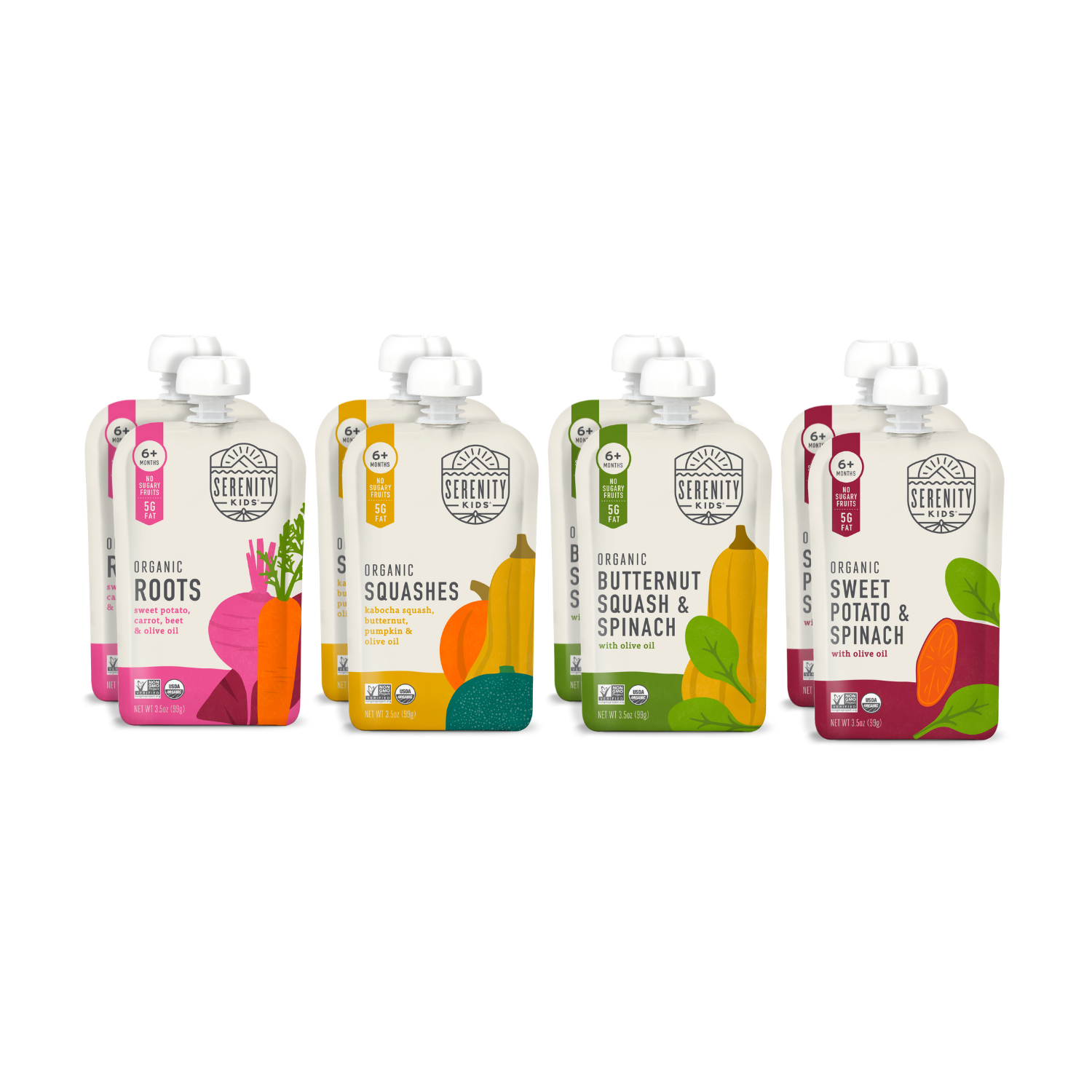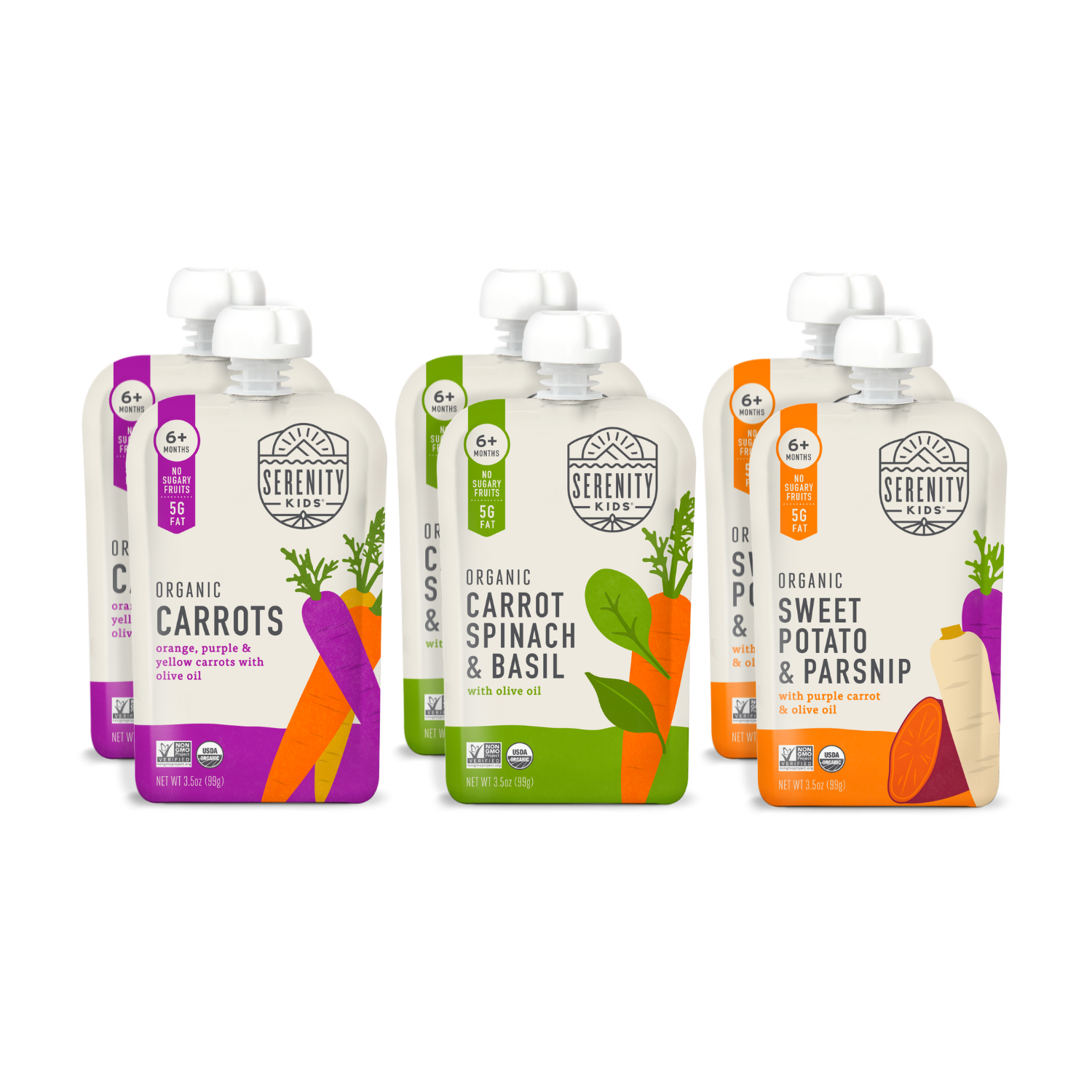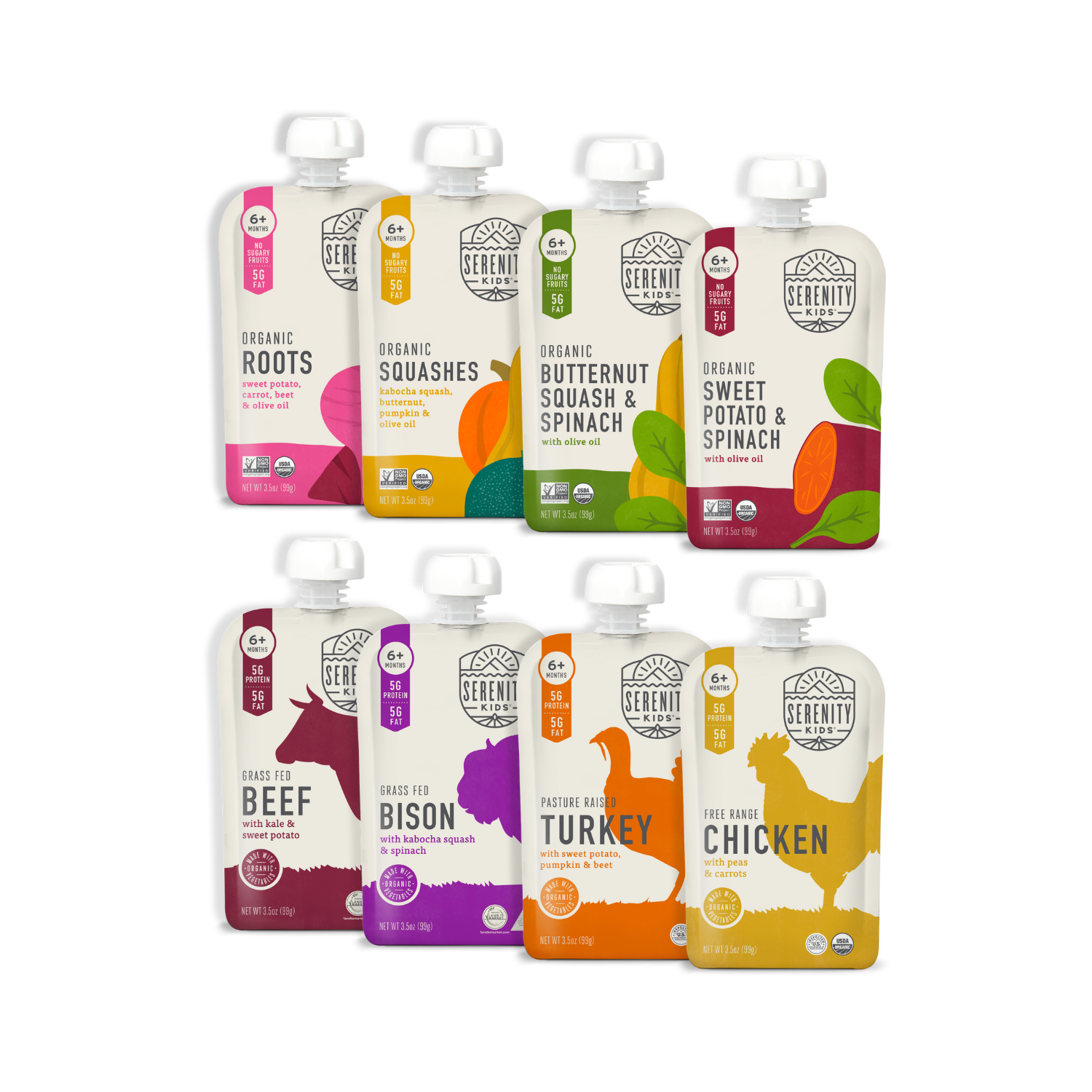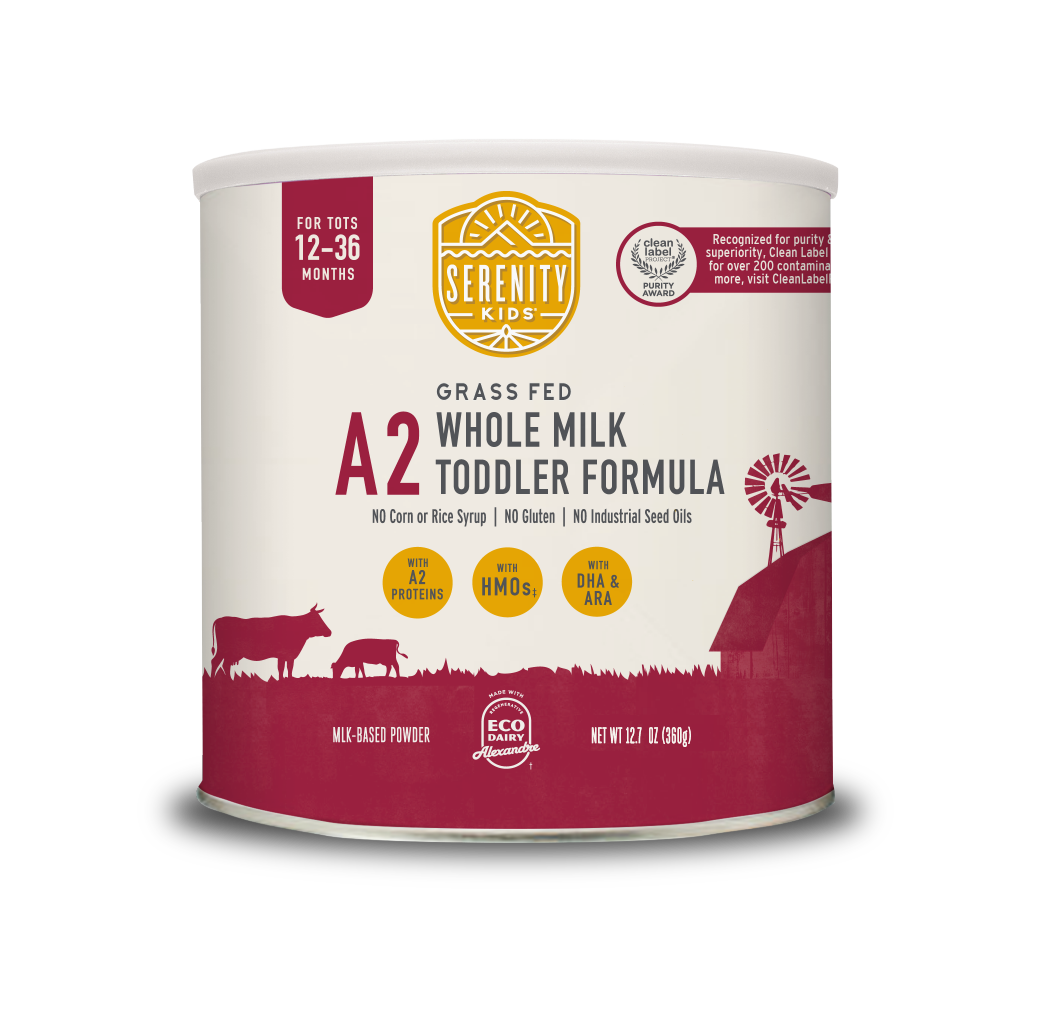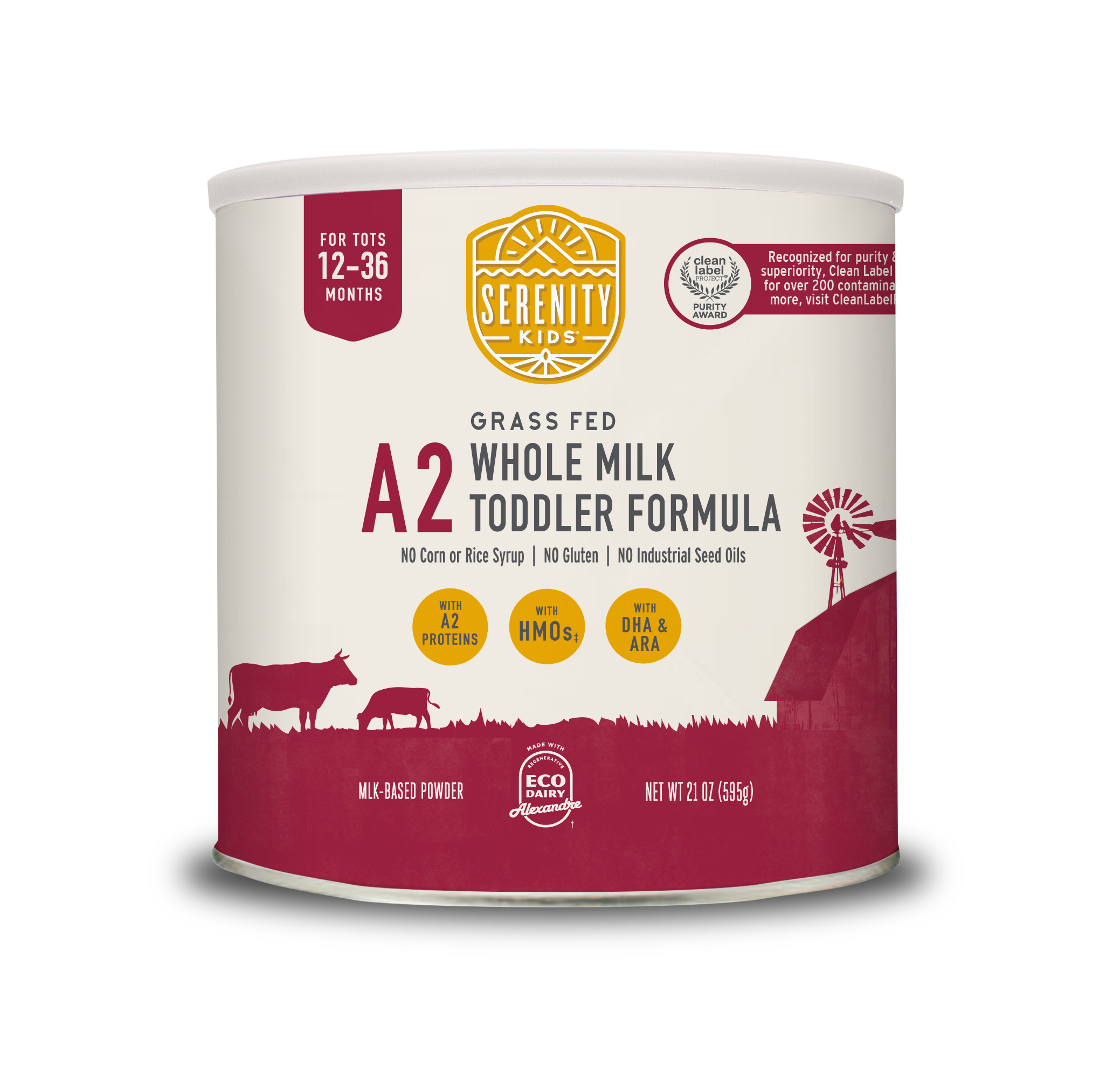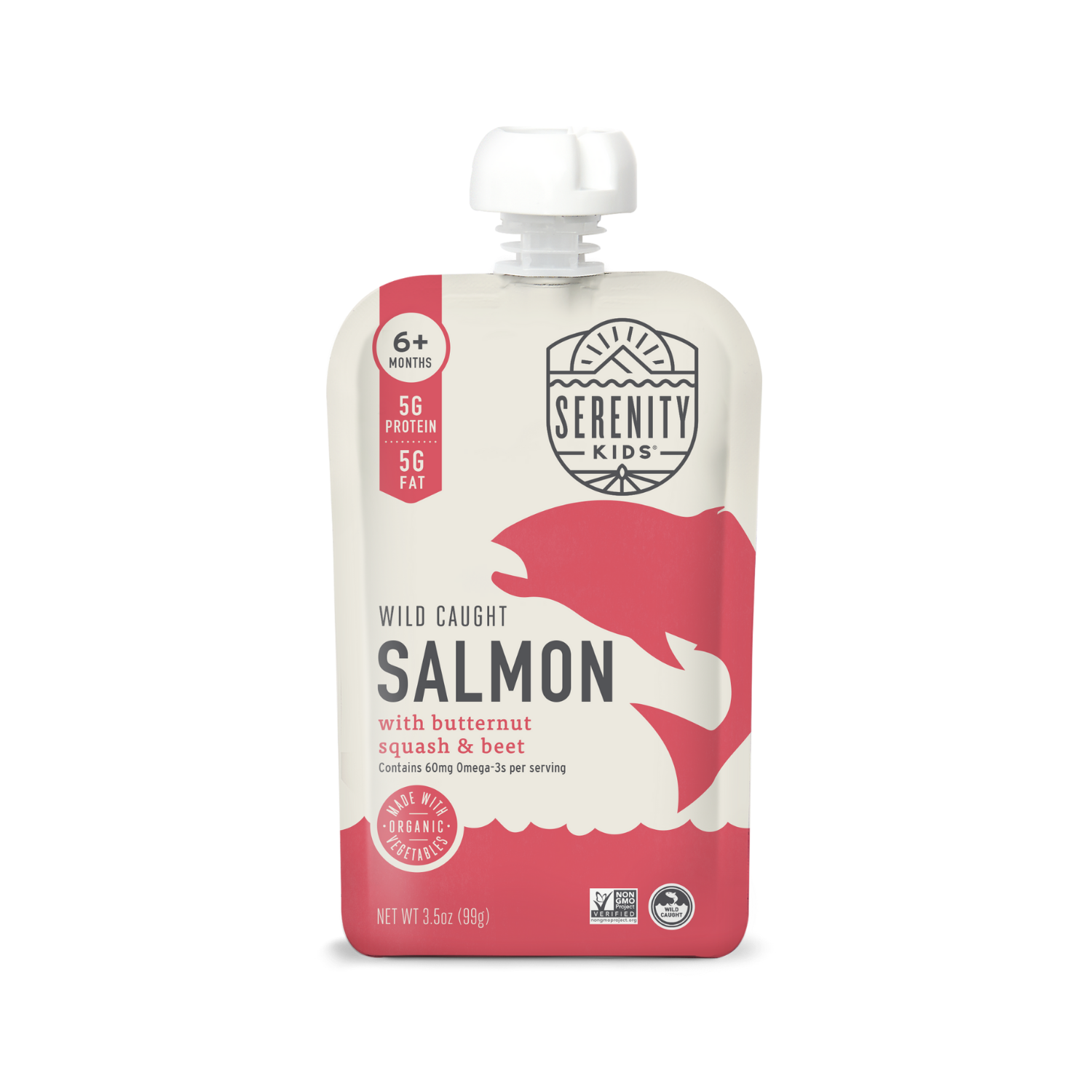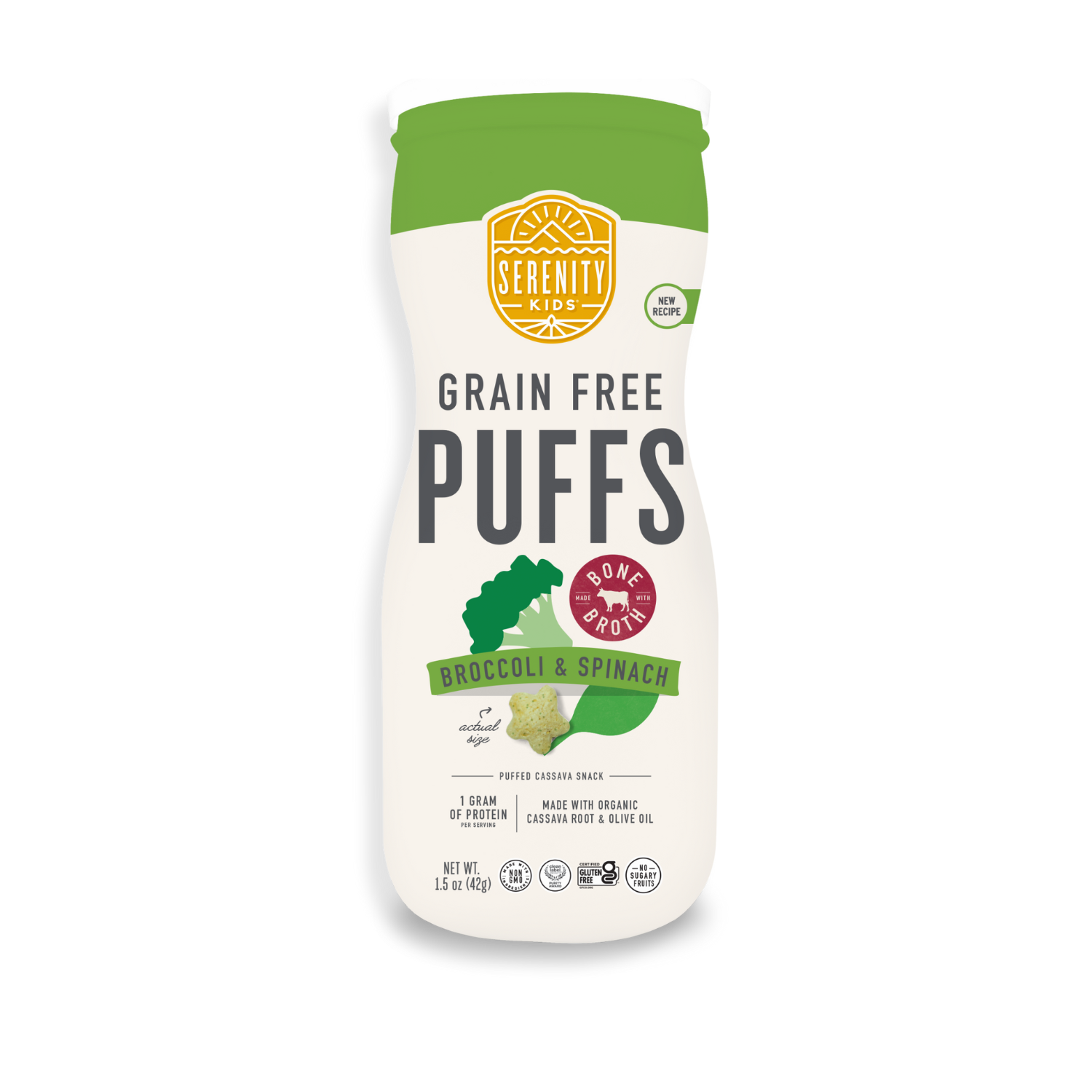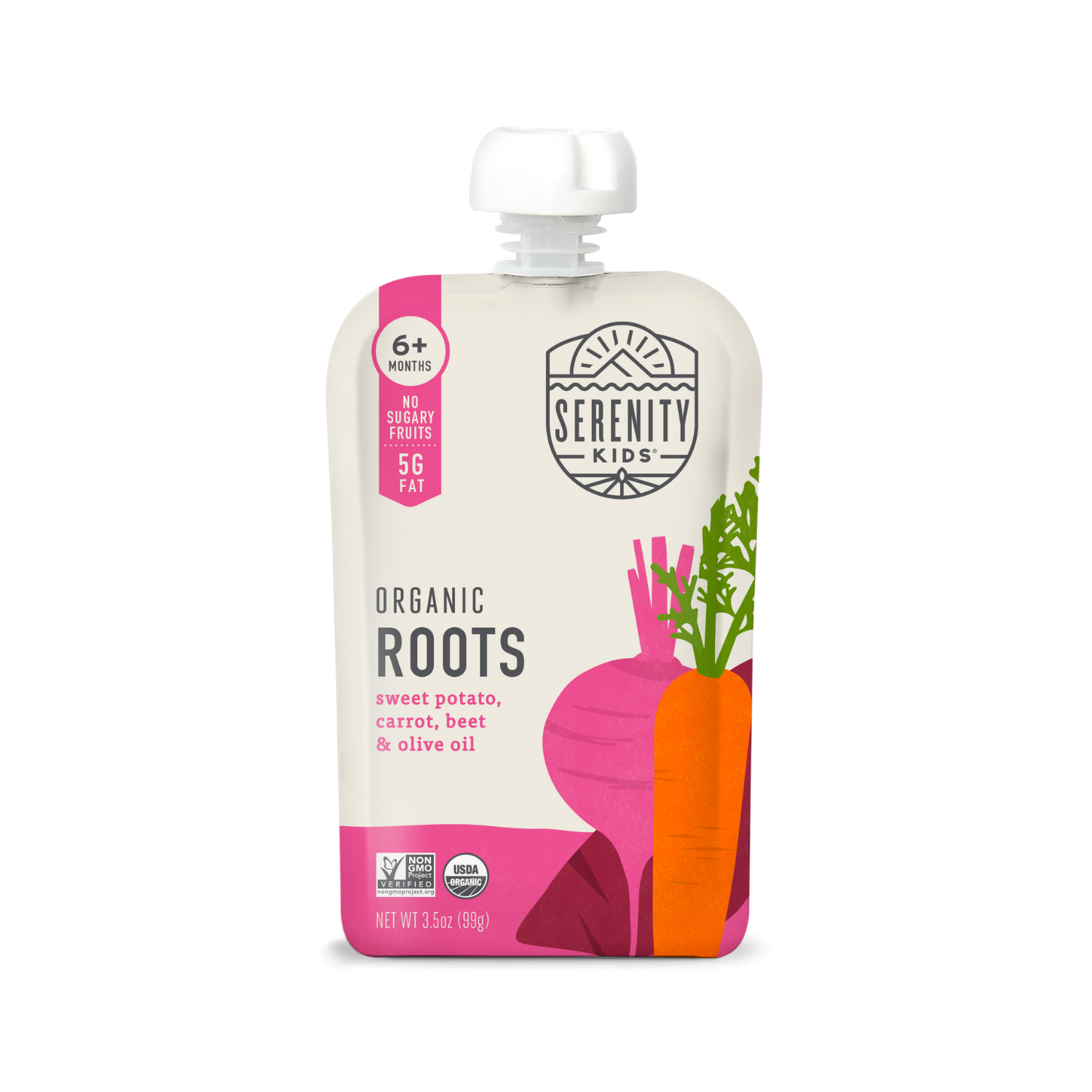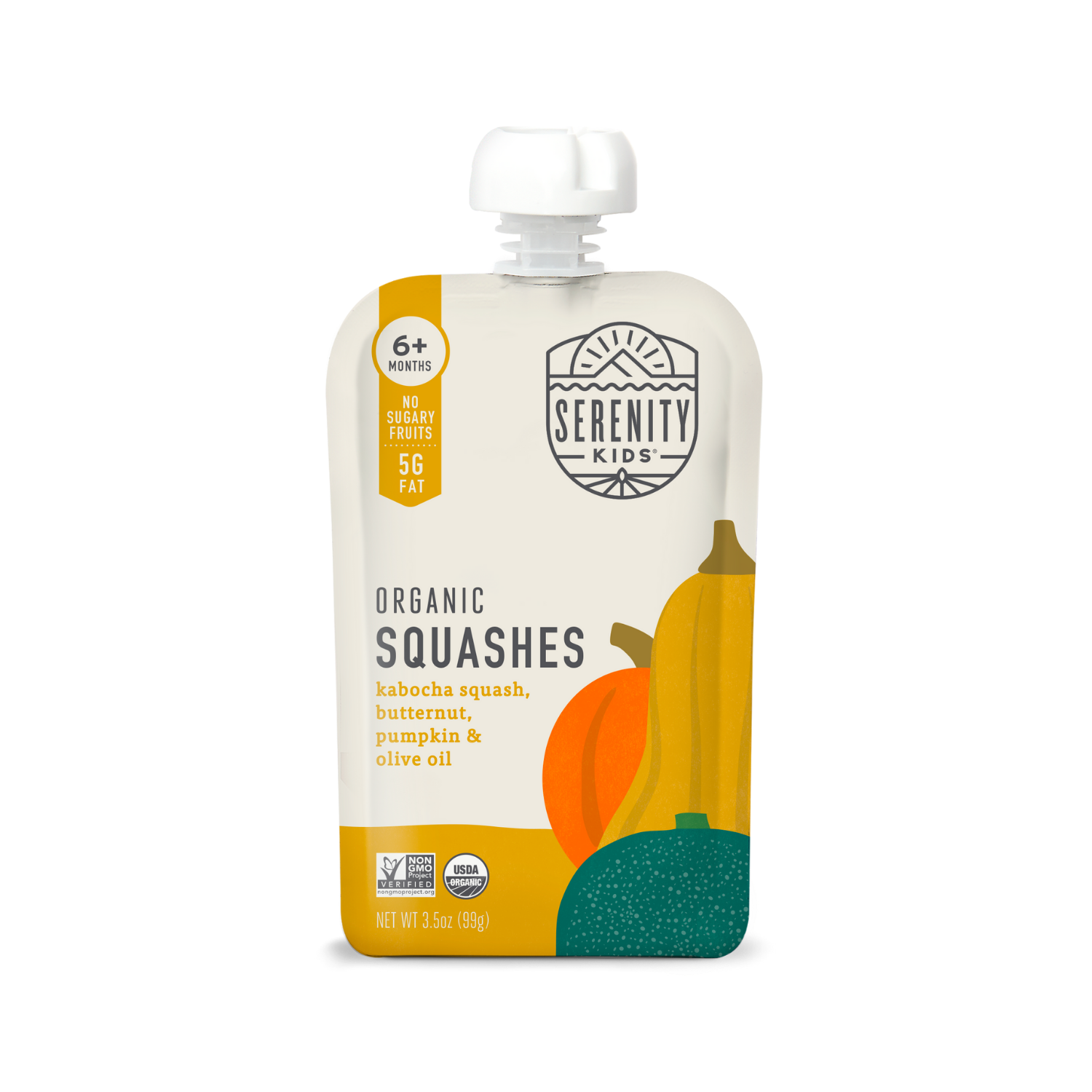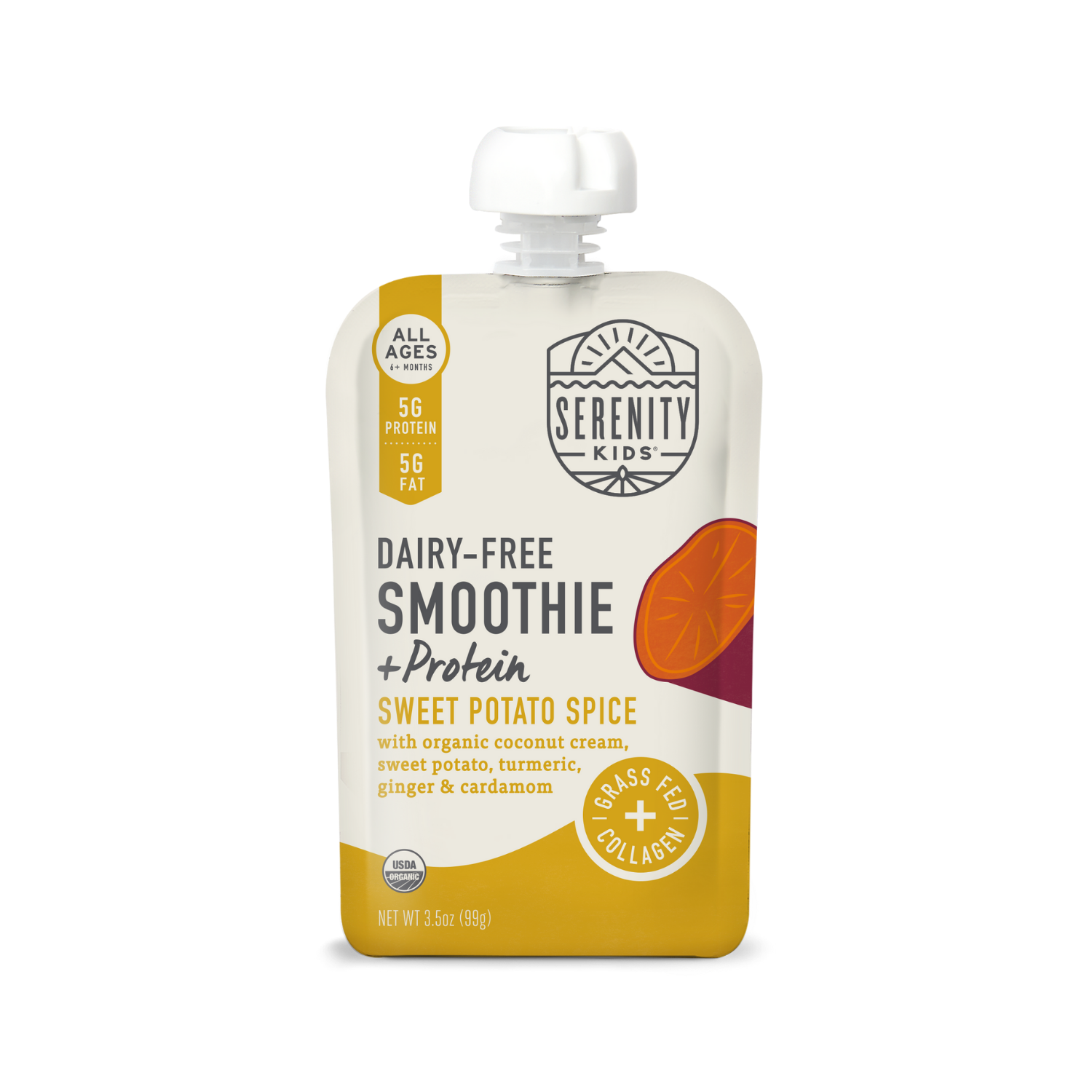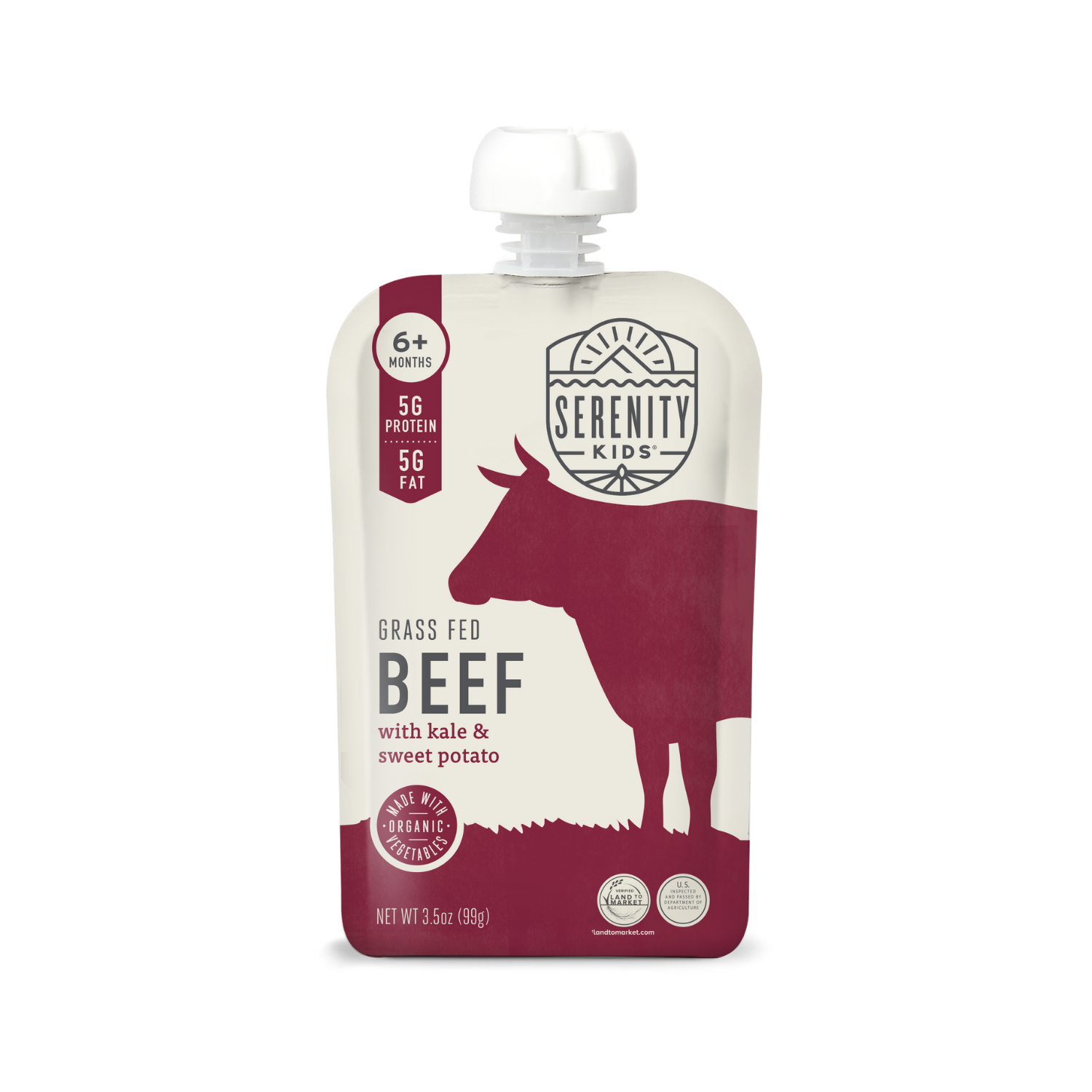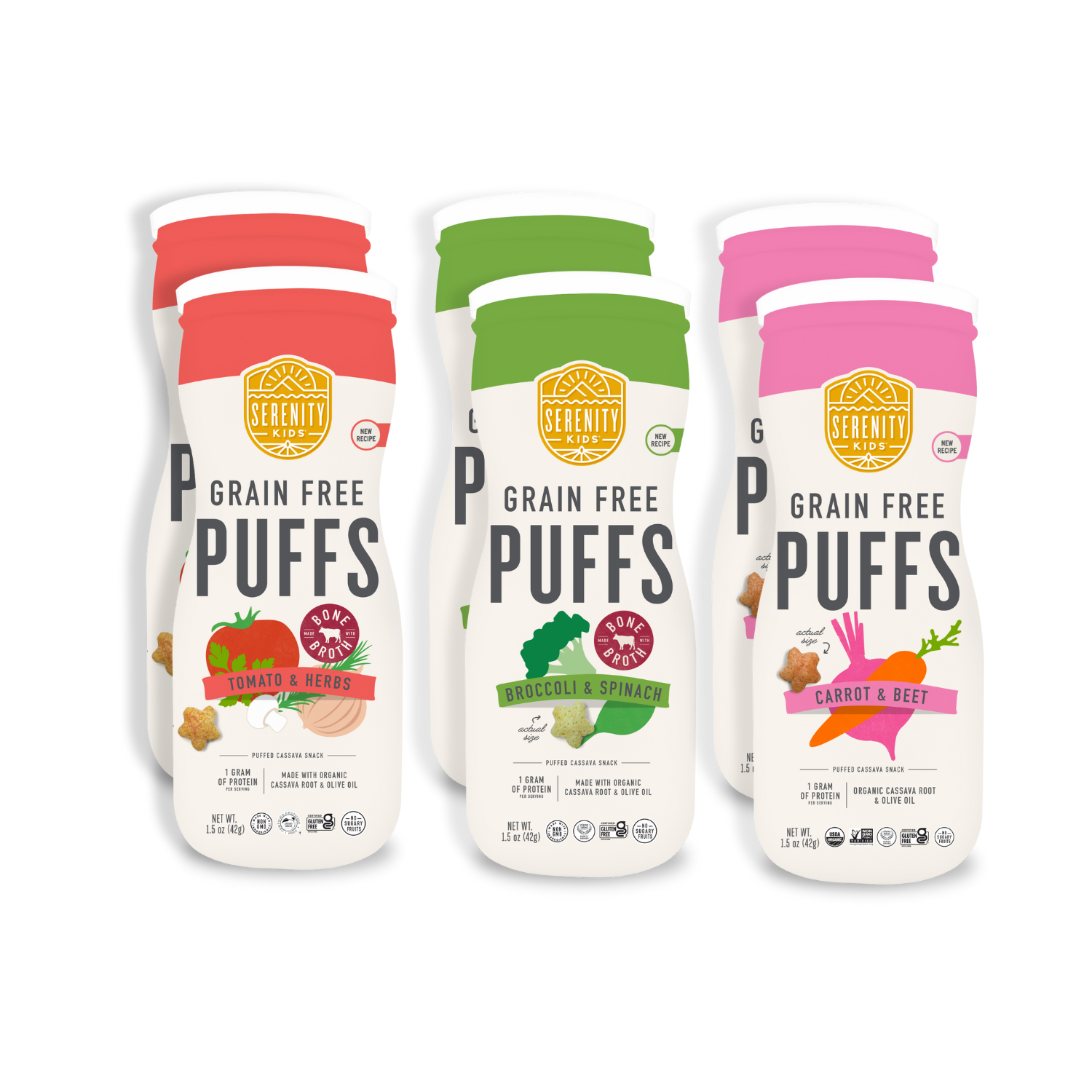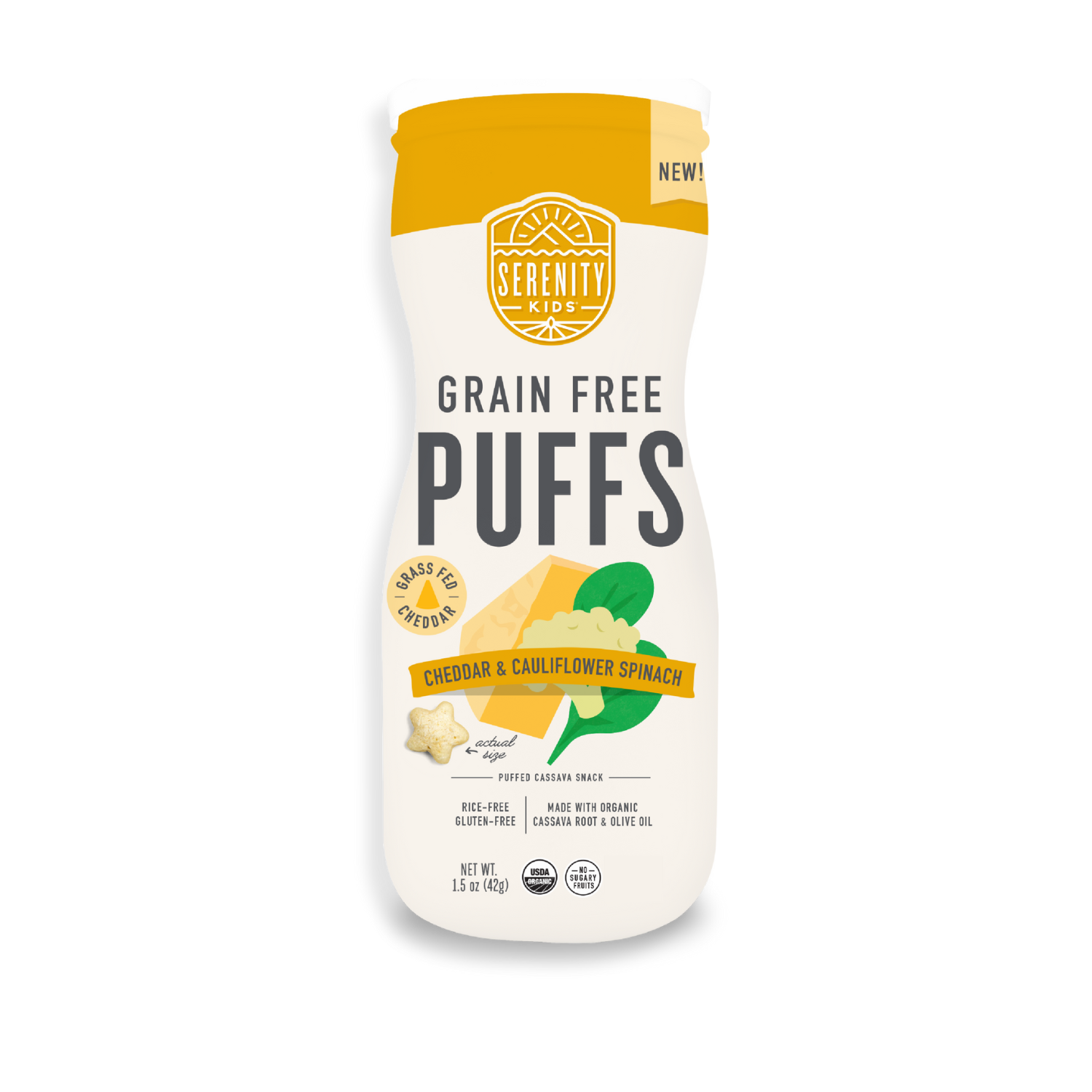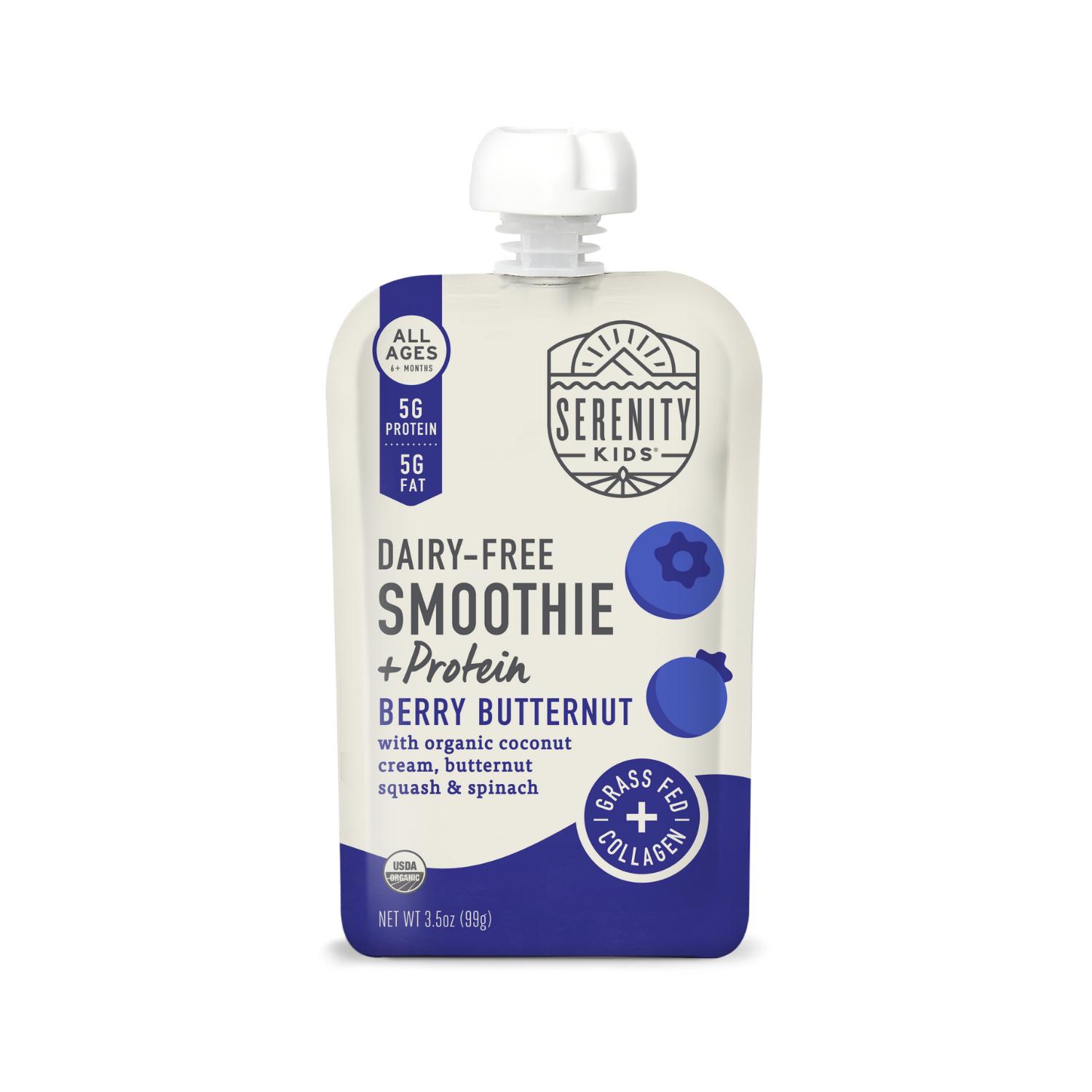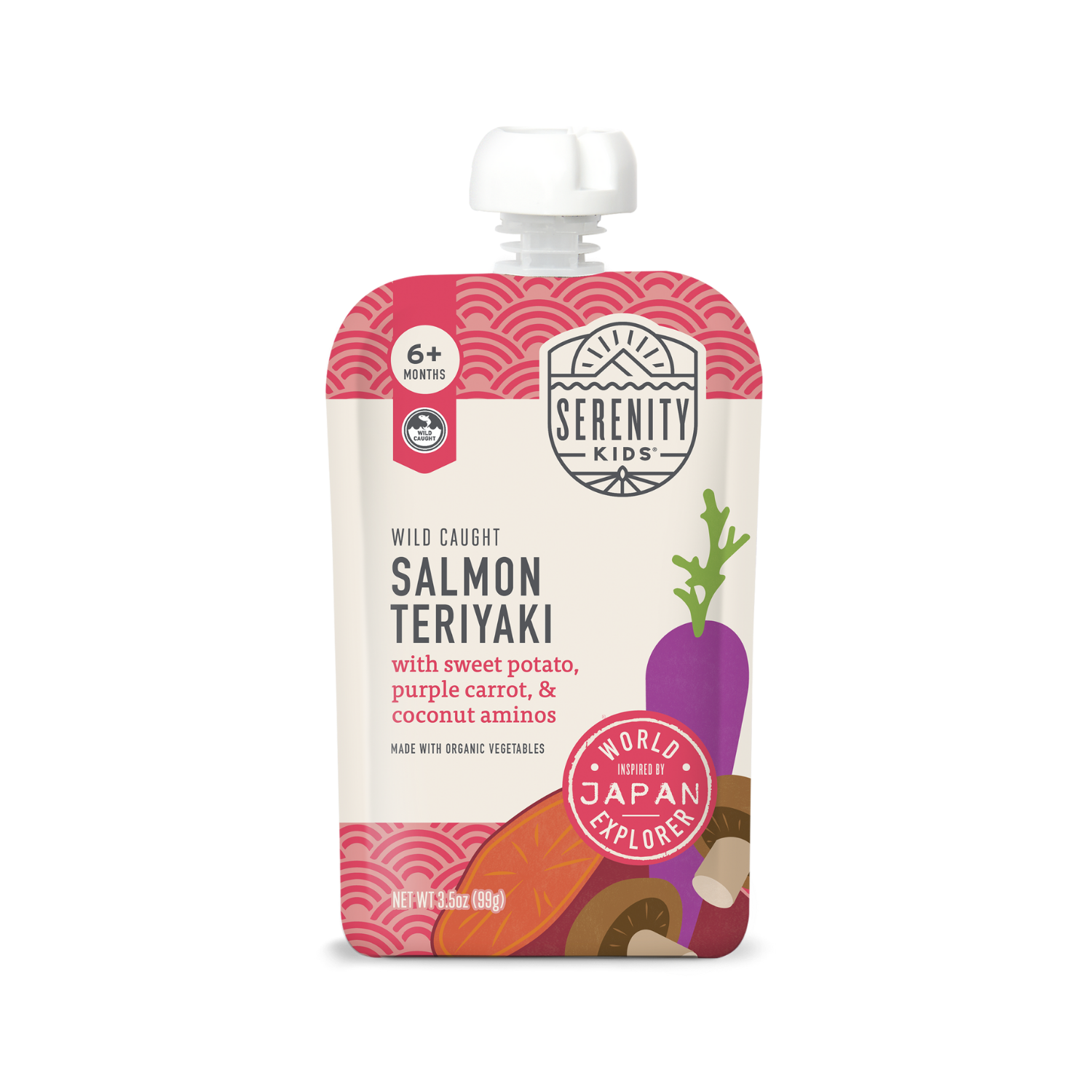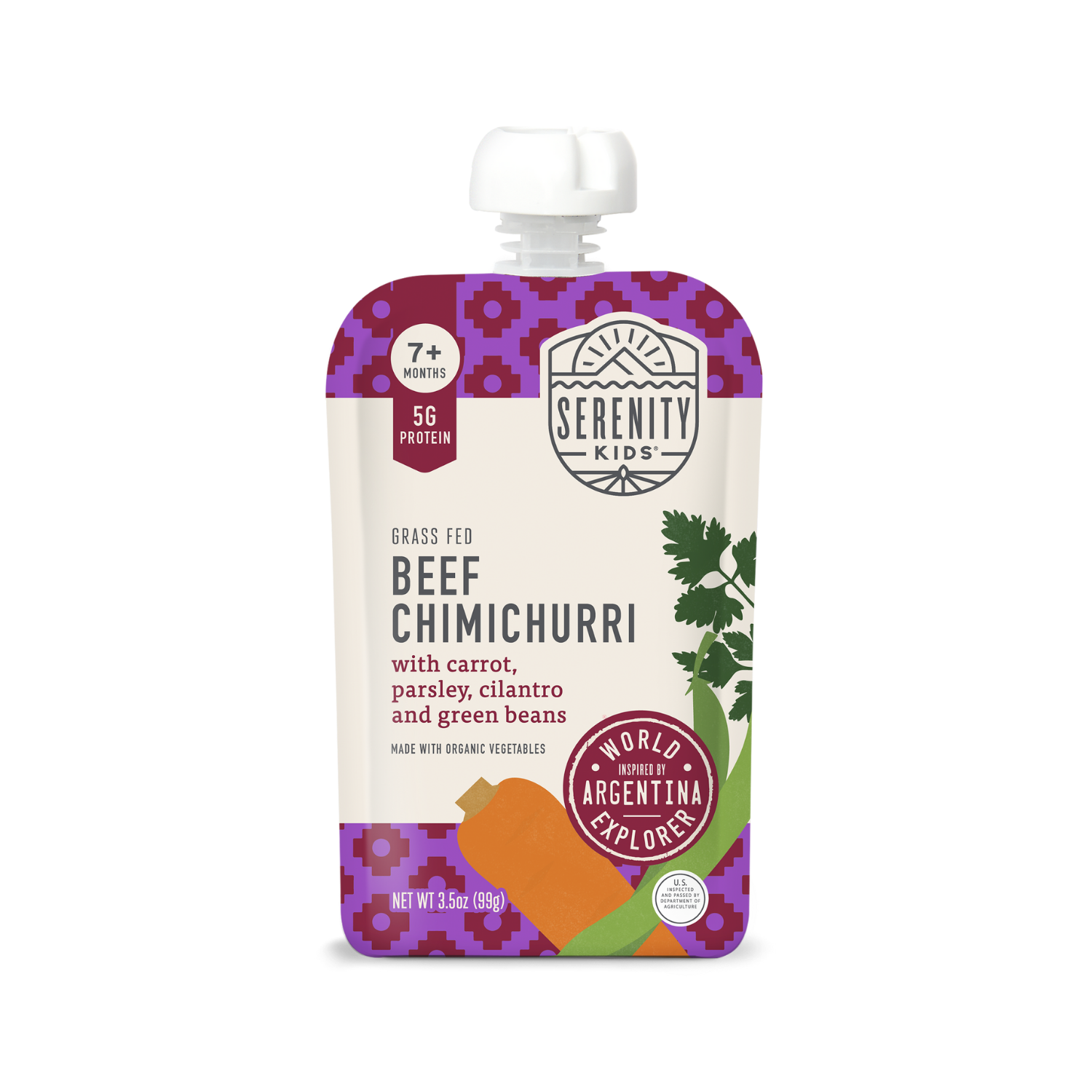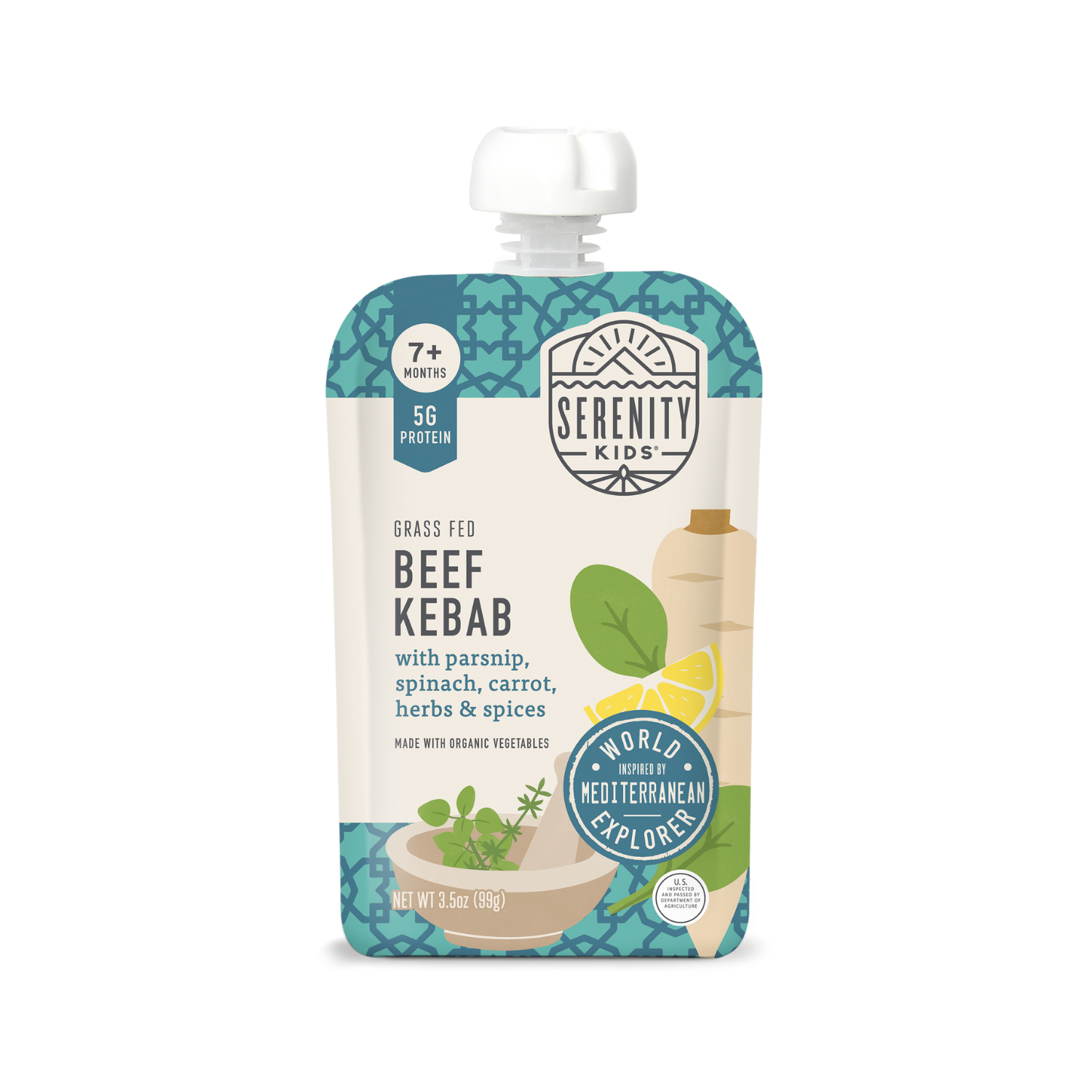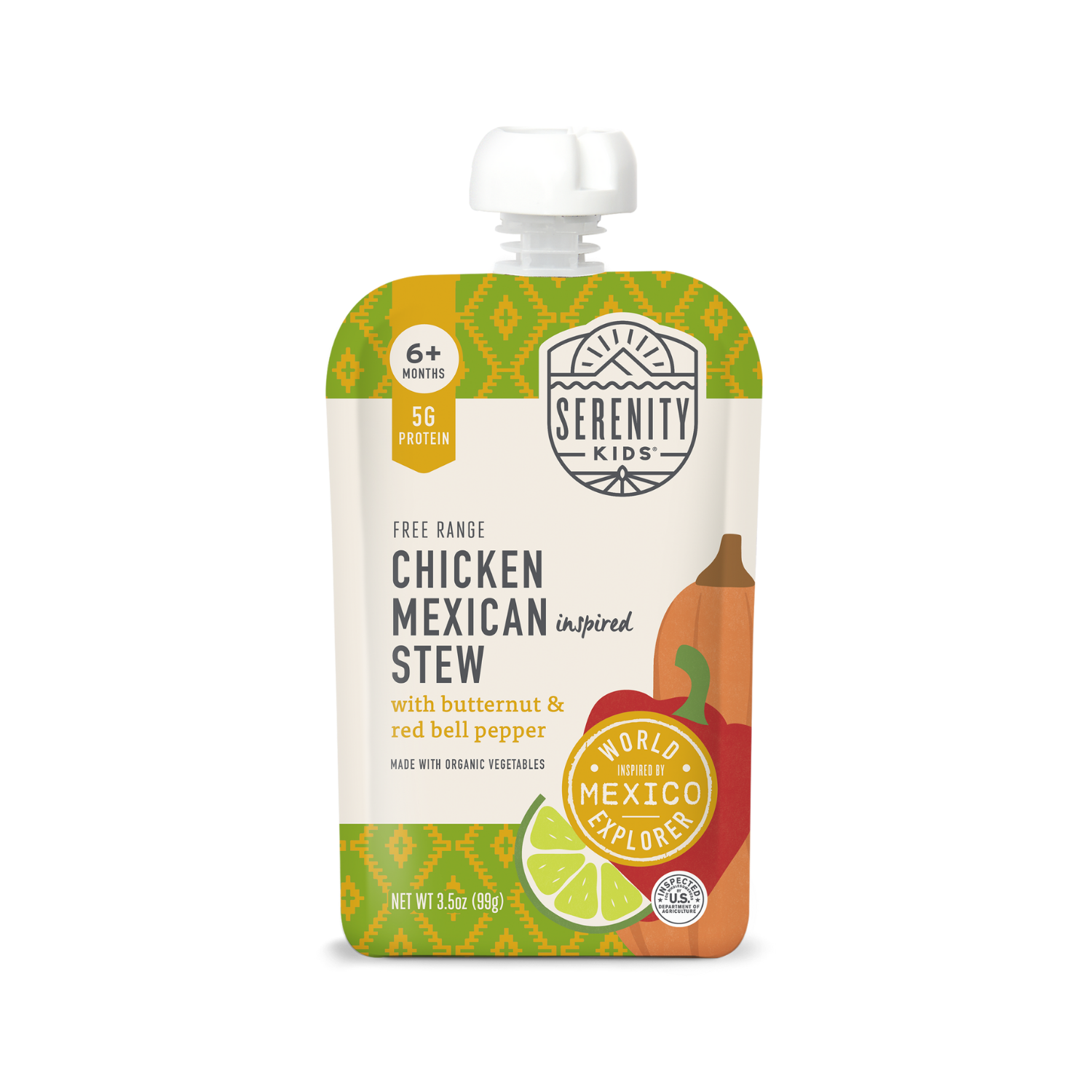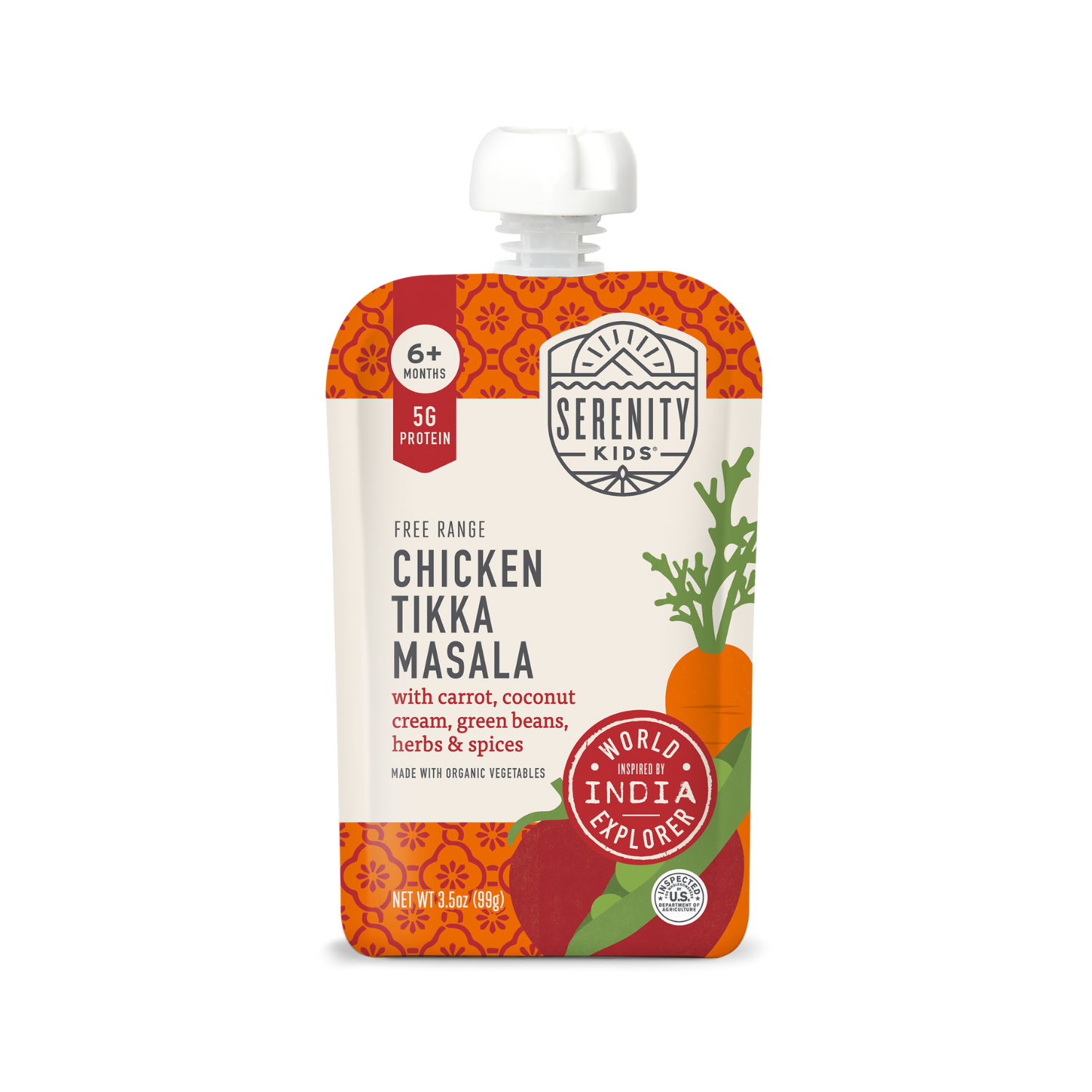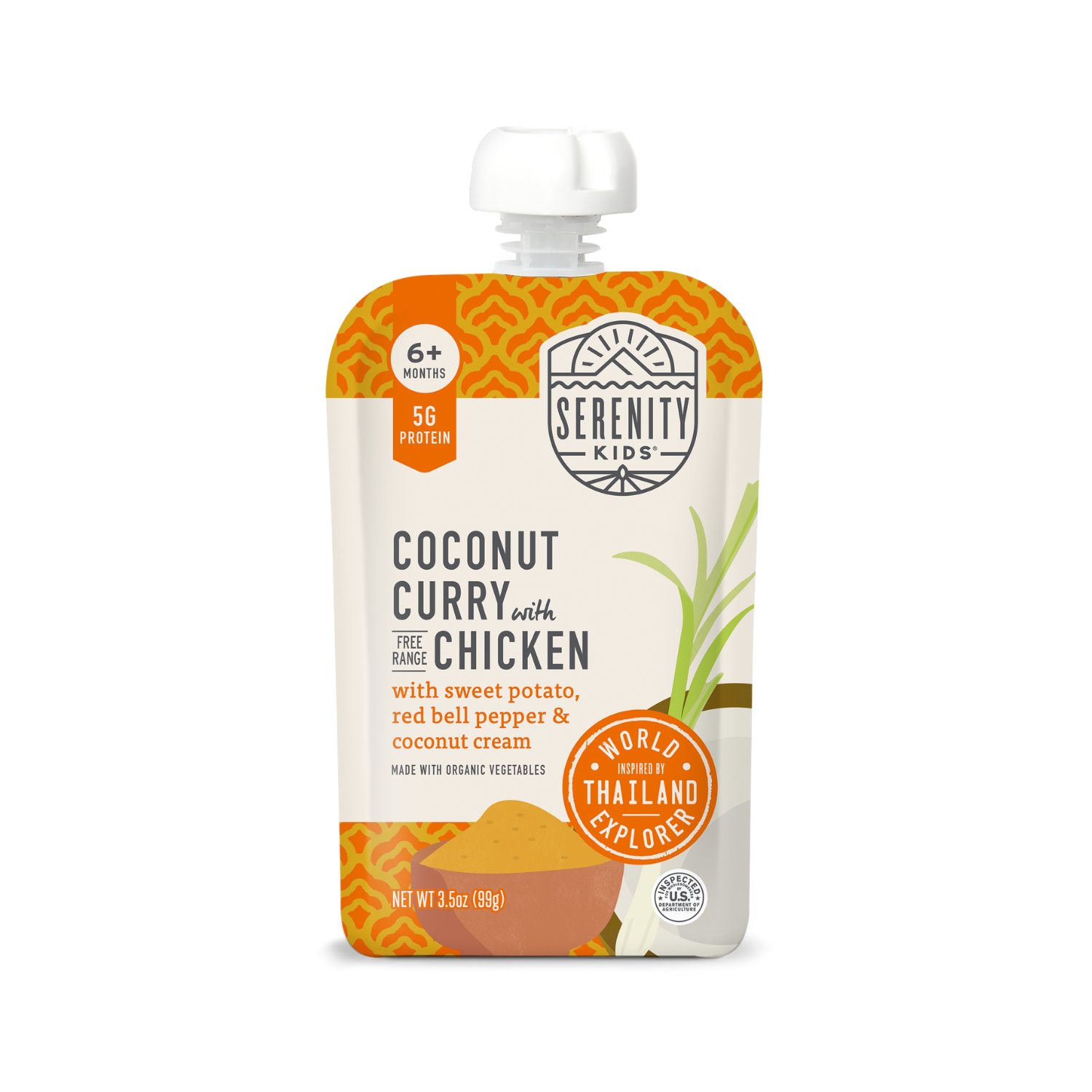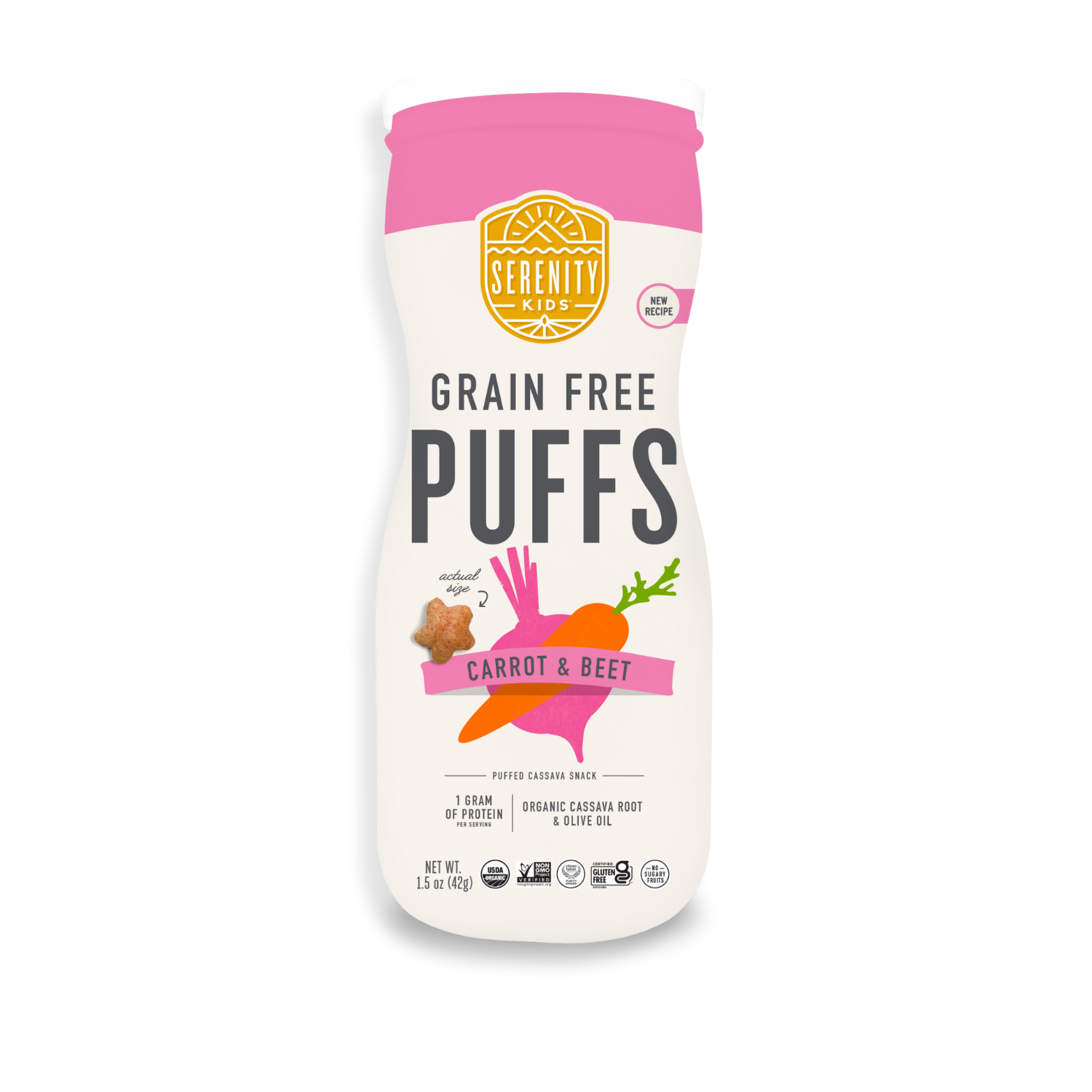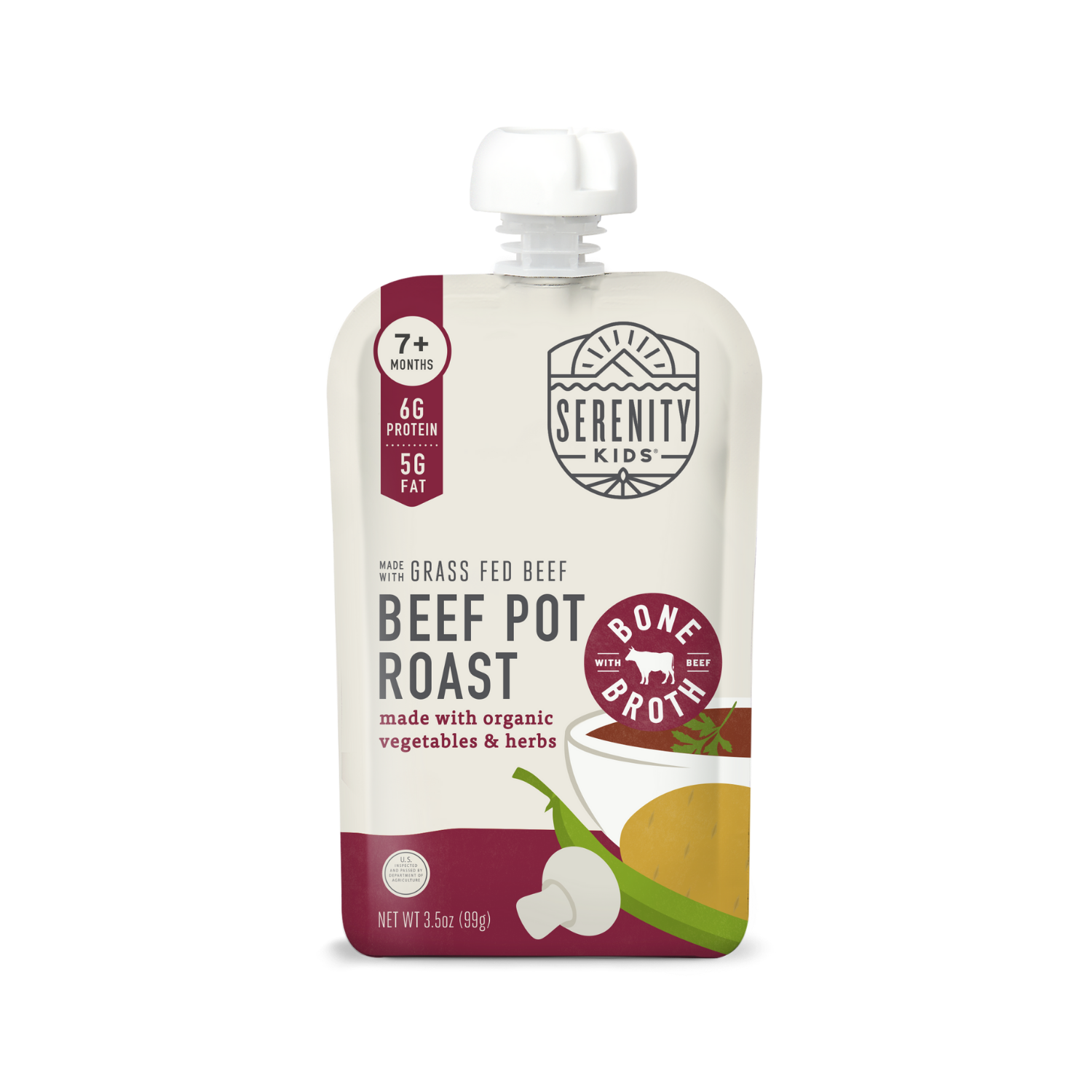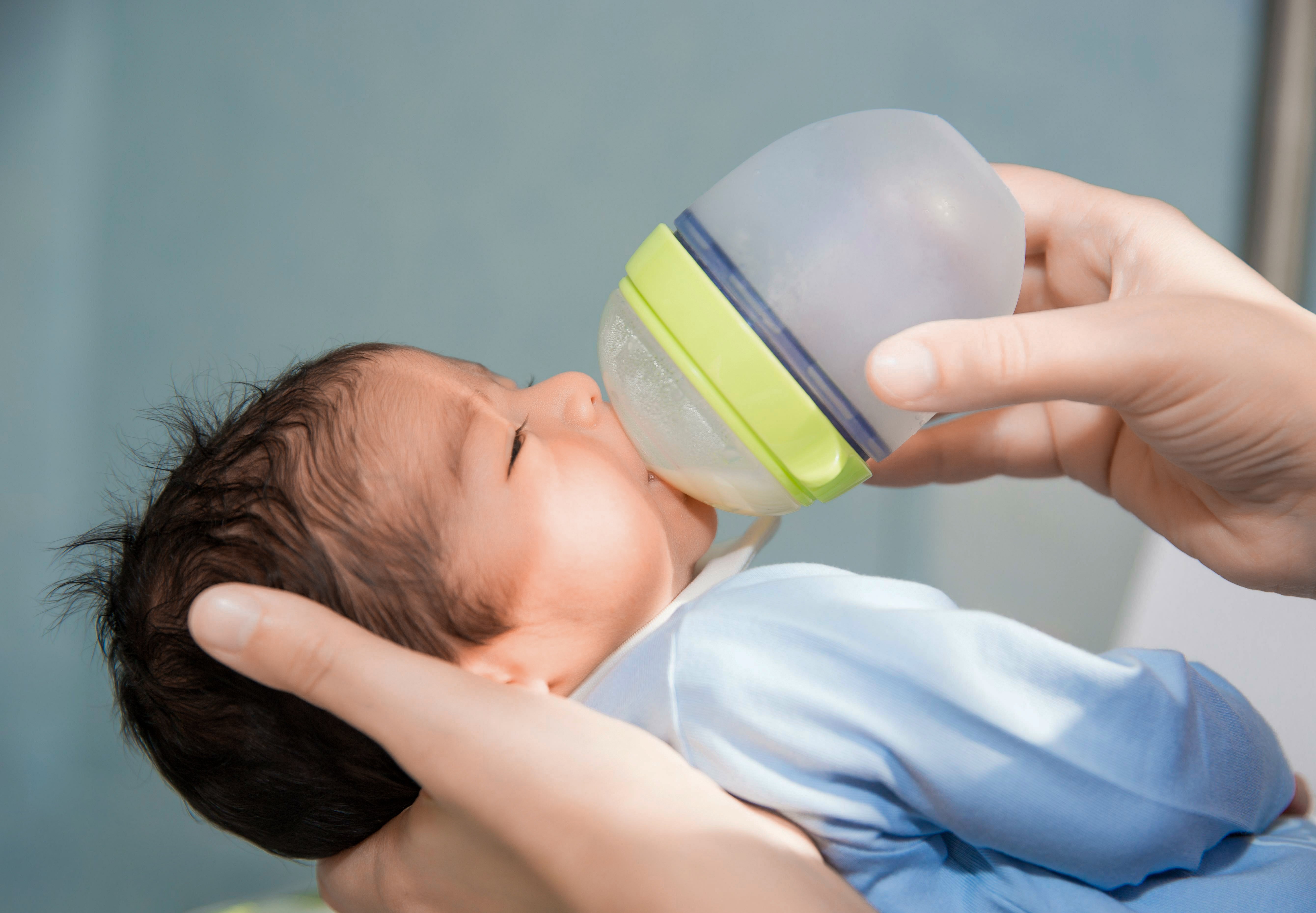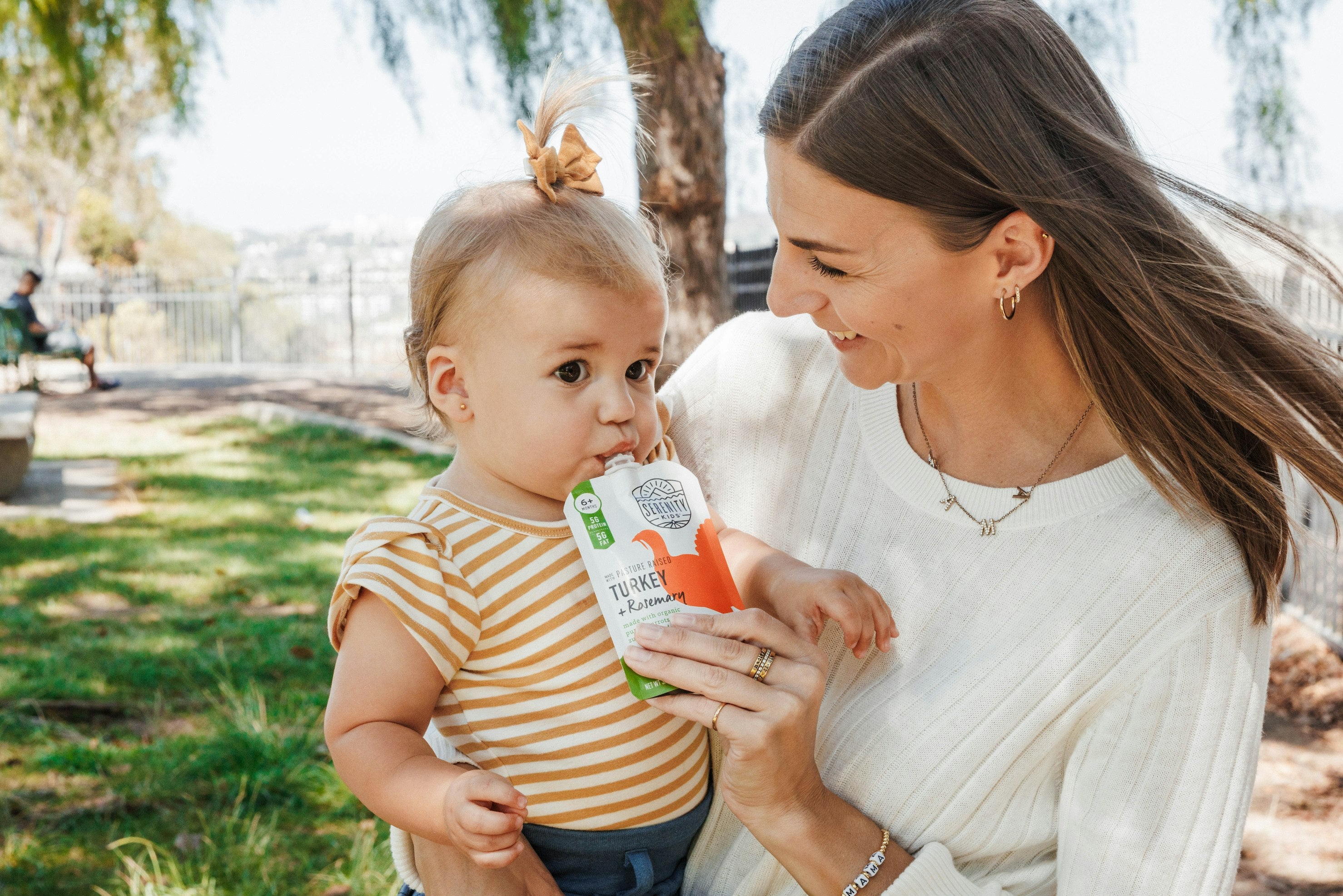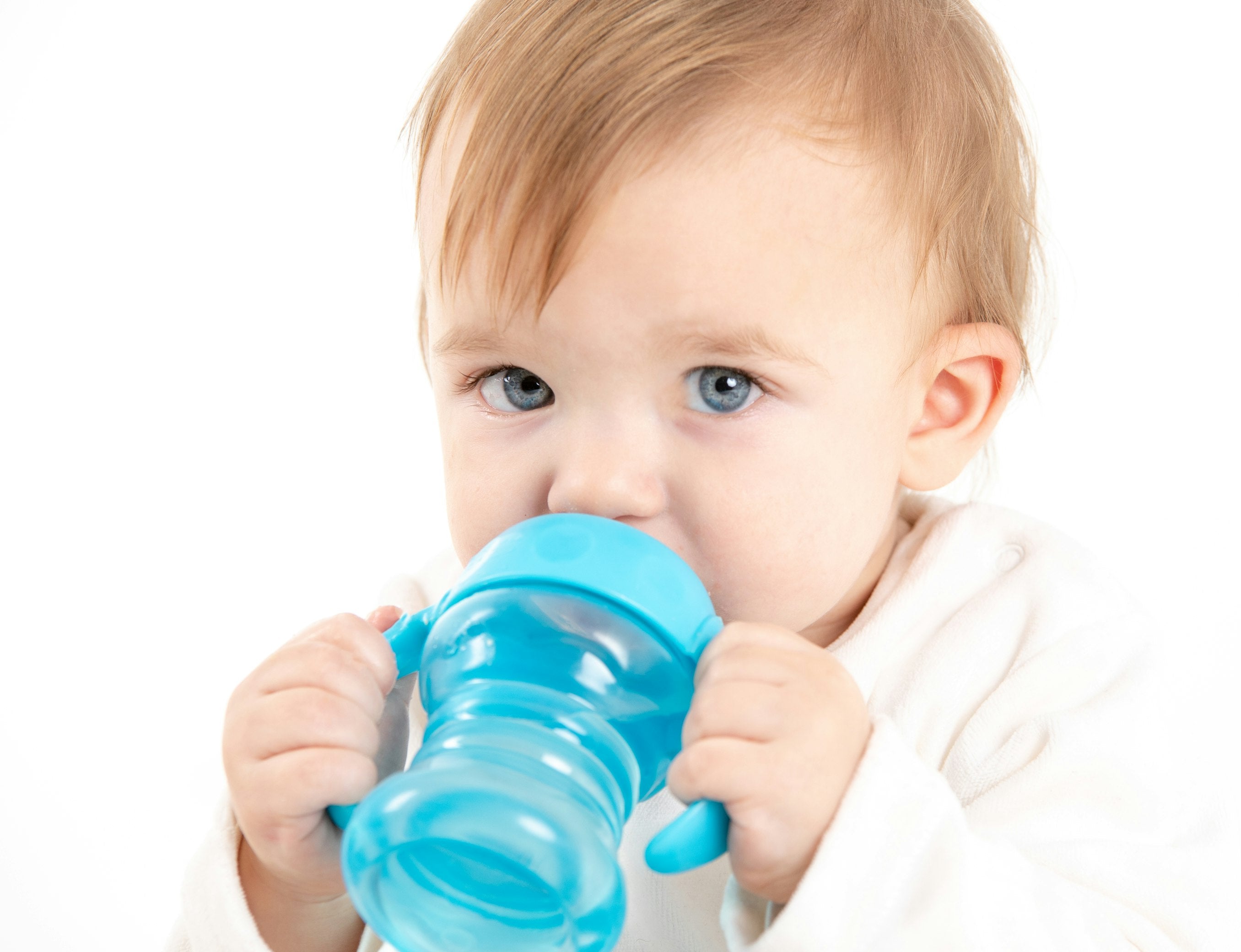By the end of your pregnancy, it’s no surprise that you find yourself feeling more tired than normal. After all, your body created and carried another person for nine months—there’s nothing easy about that. You patiently—or not so patiently—wait for the arrival of your little one so you can soak in their sweet newborn smells, little baby squeaks, and baby-soft skin. Not to mention, you can finally ditch the fatigue and begin to feel like your old self...
Only to find out that you’re still exhausted—maybe even more so than you were when you were pregnant.
While healing from delivery and caring for a newborn can be exhausting in itself, there are several other factors that contribute to feelings of extreme fatigue, including breastfeeding. In this article, we take a look at why breastfeeding makes you feel so sleepy and provide tips for keeping your energy up.
Why Breastfeeding Makes You Feel Tired and Sleepy
You may find yourself wondering why does breastfeeding make you tired and sleepy. Unfortunately, there isn’t just one culprit. There are several potential reasons why you may find yourself fighting to resist the urge to fall asleep during or after nursing sessions.
The role of oxytocin and prolactin in breastfeeding
Oxytocin and prolactin, the two primary hormones needed for the production and release of breast milk, play important roles in both your psychological feelings and the breastfeeding process. Prolactin is the hormone involved in telling your body to produce more breast milk, while the hormone oxytocin causes milk letdown, which is what helps the milk flow. The body releases these hormones as your baby breastfeeds.
These hormones may also enhance the feelings of love and affection between you and your little one, resulting in a deeper emotional bond. They may also reduce stress and induce feelings of relaxation, which can make you tired and drowsy during and after your breastfeeding session.
While this is normal, it’s important to be aware that the release of these hormones may increase the potential of falling asleep while breastfeeding, which could pose safety concerns for your little one.
Health and lifestyle factors that influence breastfeeding
In addition to the hormone changes that occur while breastfeeding, there are several health and lifestyle factors that also affect breastfeeding and contribute to postpartum fatigue.
Some of these factors may include:
-
Poor sleep quality: Not only are you likely to be getting less sleep, but many women also struggle with poor quality of sleep during postpartum. This can increase stress levels, negatively impact milk supply, and leave you feeling exhausted.
-
Household chores and projects: Many breastfeeding women will continue with their previous habits of housework, which can add stress and exhaustion.
-
Issues with your thyroid: Thyroid issues can cause a variety of issues, including fatigue and a decrease in your milk supply.
-
Anemia: Iron-deficiency anemia, which is more common in breastfeeding mothers, can cause you to feel tired and sleepy.
-
Breast infections: Breastfeeding can come with an increased risk for blocked ducts and mastitis, a common breast infection, that can leave you feeling tired with flu-like symptoms.
-
Using prescription pain medication: Depending on your method of giving birth, your doctor may prescribe you pain medication, which can cause you to feel drowsy.
If you’re concerned that you may have a health issue that is affecting your breastfeeding or causing you to feel more tired, consult with a healthcare professional. They will help you understand if what you are feeling is normal, or if you could potentially have a medical issue contributing to your tiredness, such as your thyroid or iron levels.
6 Tips to Avoid Tiredness While Breastfeeding
Get as much sleep as possible
As a new parent, you’ve probably heard “sleep when the baby sleeps” over and over again. This can feel nearly impossible with dishes and laundry piling up around you.
While quality sleep obviously plays an important role in how tired you feel, sleep deprivation contributes to higher levels of cortisol, which can increase stress and negatively impact breast milk supply.
While a full night's sleep would be ideal, any sleep can be hard to come by with a newborn. You may not always be able to sleep when your babies sleep, so you may have to get creative. This may mean that you and your partner stagger nighttime sleep schedules, you hire overnight help, or you take advantage of family coming to visit so you can take a quick nap.
However you choose to go about it, you’ll feel better overall if you can get some rest and avoid feeling sleep-deprived.
Maintain a healthy diet
Although consuming enough calories is important to maintain your milk supply, the quality of the foods you are eating can have a significant impact on your energy levels. A well-balanced diet made up of lean protein, complex carbohydrates, and healthy fats will help fuel your body and provide longer-lasting energy. A diet high in saturated fats can ultimately leave you feeling sluggish and tired, while a diet high in simple sugars can cause spikes in blood sugar and make you tired when your blood sugar drops again.
Starting your day with a healthy breakfast and eating small, healthy meals more frequently throughout the day will also help you maintain normal blood sugar levels and keep your energy level consistent. This also makes it easier to consume more calories over the course of the day.
High protein snacks are another great option for nourishing the body and providing a much-needed energy boost in the middle of the day. Postpartum is generally not a great time to diet, as breastfeeding moms could certainly use the extra calories and fuel.
Drink lots of fluids
While proper hydration is important at every stage of life, breastfeeding adds additional demands on your fluid intake. In fact, breast milk is more than 80% water, so it’s no surprise that breastfeeding can speed up dehydration. Dehydration not only affects your milk production, but it can also contribute to breastfeeding fatigue, making it even more important to stay hydrated while breastfeeding.
While the amount of water needed will vary from person to person, it’s generally recommended to “drink to thirst”, meaning that you should pay close attention to your water intake and ensure that you are drinking enough to stay hydrated so you don’t feel thirsty.
For proper hydration, you may also choose to limit caffeine intake and avoid alcohol consumption.
Supplements can help
In addition to a well-balanced diet, most doctors will recommend that breastfeeding moms continue taking daily prenatal vitamins after they give birth, for the duration of their breastfeeding journey. This will help ensure that you are getting the vitamins and minerals that your body needs, which can help reduce your risk of developing anemia, a common condition among breastfeeding mothers.
It’s important to know that certain medications and supplements will transfer from your body to your milk, so you should discuss any supplements you're taking with your doctor or healthcare professional.
Don’t be sedentary
It can be hard to imagine any physical activity when you’re already tired; however, a sedentary lifestyle may make you feel even more tired. Research shows that light exercise can help increase energy levels and reduce feelings of tiredness and fatigue.
Aim for 20 minutes of low-intensity exercise, three times per week. This can be as simple as taking your child for a short walk around the neighborhood in the stroller or baby carrier. This is also a great time to get some fresh air and vitamin D, which may lower the risk for baby blues and postpartum depression, according to some research.
Lean on loved ones for support
Asking for help can sometimes be difficult for new parents, but it can really make a drastic difference. You may just need a listening ear and emotional support, or you may need someone to help with some of your responsibilities and housework.
There are so many different ways your loved ones can support you during this time. It could be as simple as asking your parents or a friend to come over and hold your child, while you get caught up on chores. As a new parent, it’s a win-win situation — you get to visit with a loved one without leaving your new baby, but you also can catch up on your housework.
Asking for help with mealtime may also reduce some of your responsibilities and allow you to relax and rest when you have the opportunity. Once your child is old enough to start solids, Serenity Kids Meat & Veggies Variety Pack and Grain Free Baby Puffs Variety Pack are great ways to simplify mealtime while still feeding your little one nutritious foods, packed with ingredients that are essential for your baby's growth and development.
It’s also important to be open and honest with your partner about how they can help support you during this time. For ideas on ways they can help, visit our article on How dads can help support nursing moms.



